Brussels has put the Russia–Ukraine war at the service of its own geopolitical and ideological ambitions. The prolongation of the conflict creates an opportunity to deepen EU integration through joint loans and arms programs. This places a heavy economic burden on Europe, while the Western elite pursues its goal of reducing Russian and Chinese influence. We asked Zoltan Kiszelly, Director of Political Analysis at the Szazadveg Foundation, who emphasized that the Brussels leadership fears most that society will eventually hold them accountable for the war's consequences.
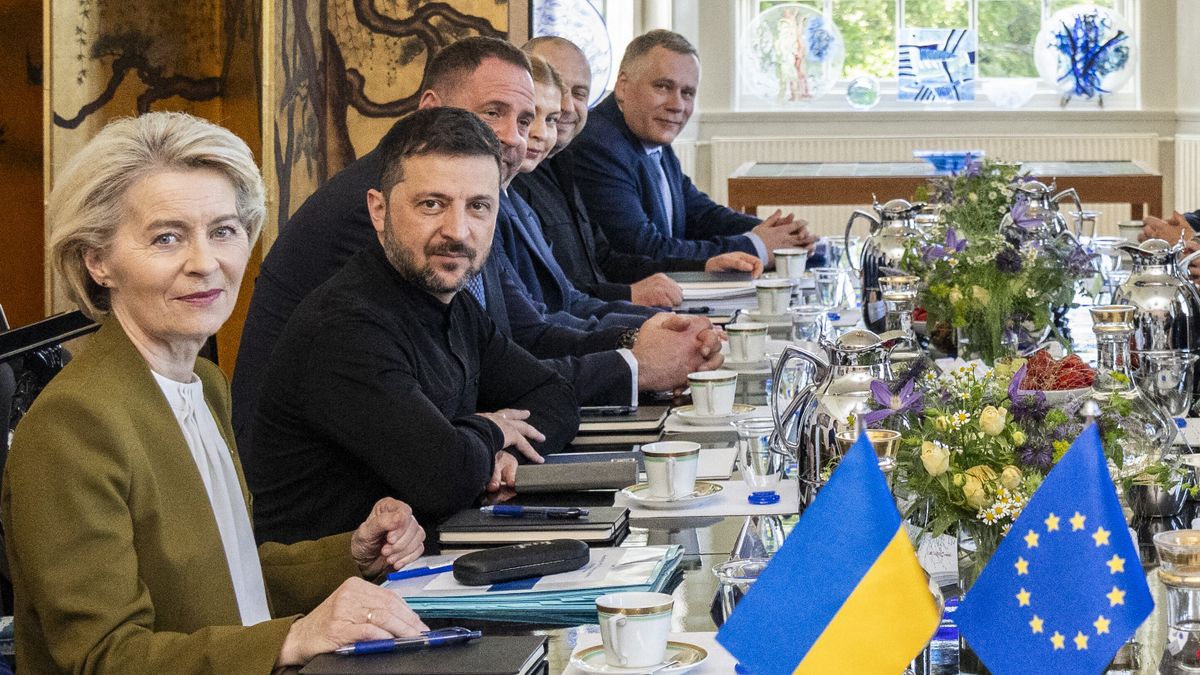
Brussels sees the Russia–Ukraine war as its own war. According to Mr. Kiszelly, the globalist elites are using the conflict to detach Europe from Russian energy and — by 2027 — also from Chinese trade.
They will drag out the war until Europe is separated from Russian energy and Chinese commerce,
– the analyst explained. Then he noted that Europe, particularly Central European counteis, are paying a heavy price for the EU's unconditional support for Ukraine. Having now taken over the financing of the war from the United States, the EU is shouldering huge additional costs. It's important to note that, with the destruction of the Nord Stream pipeline, the West European business model was also destroyed, the expert added.
Premium products once made with cheap Russian energy are no longer produced that way, meaning that the profits — which were once used to finance prosperity — are now far smaller,
- Mr. Kiszelly noted This is the greatest price of the failed sanctions policy. The European Union does not buy Russian or Belarusian fertilizer either, which makes food more expensive. And with no cheap Russian energy, Europe must buy through intermediaries at a premium. One could say the European business model itself has been blown up. On the other hand, there are the burdens of war-related costs: sanctions costs, higher energy bills, smaller profits, and the financing of war loans as well.
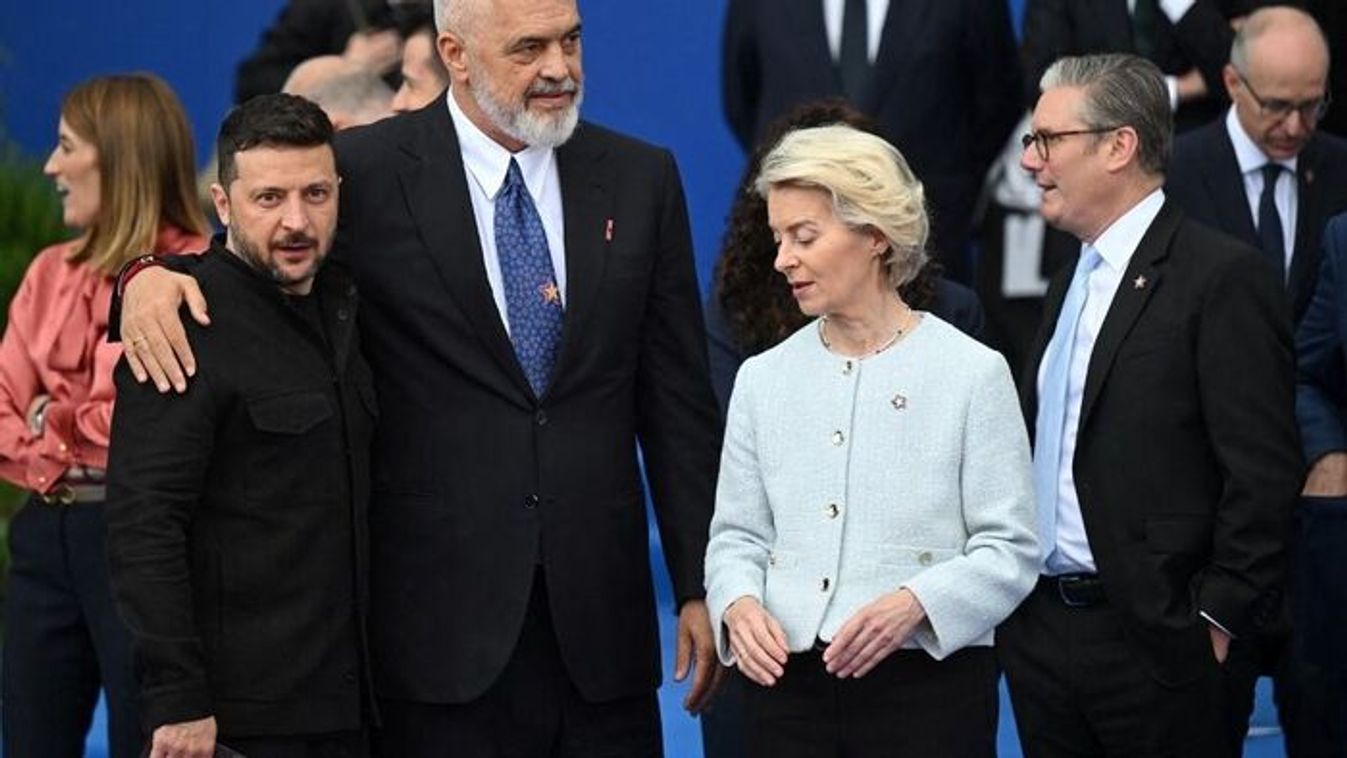
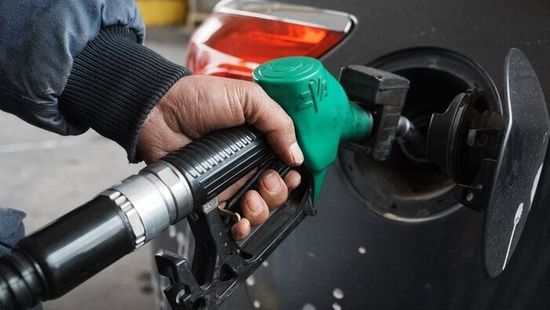
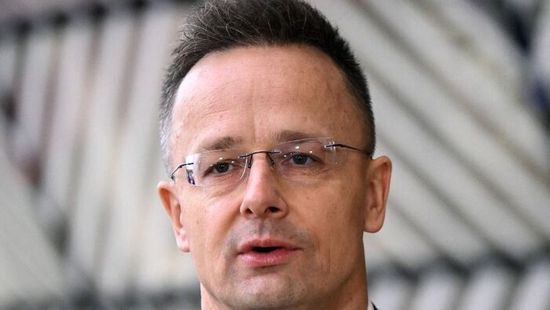
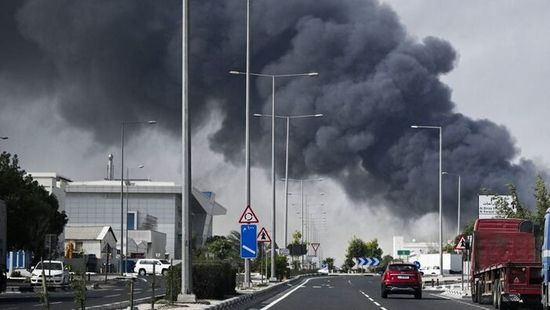
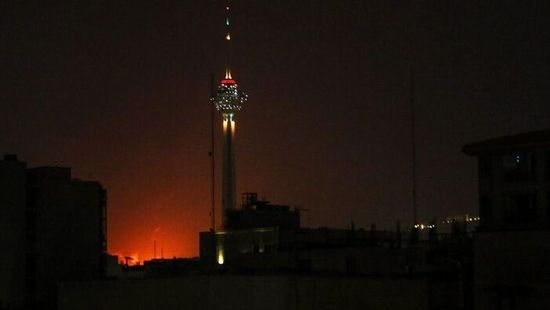

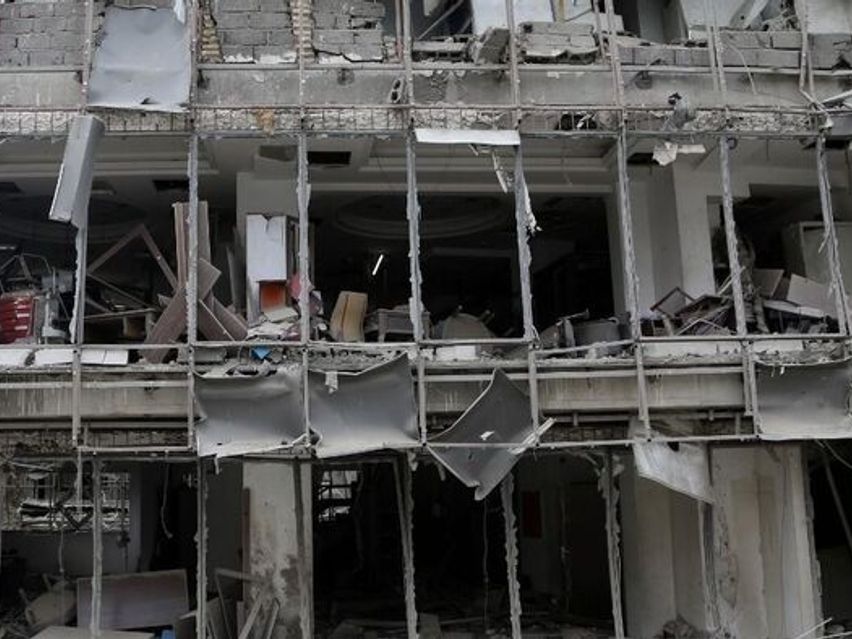
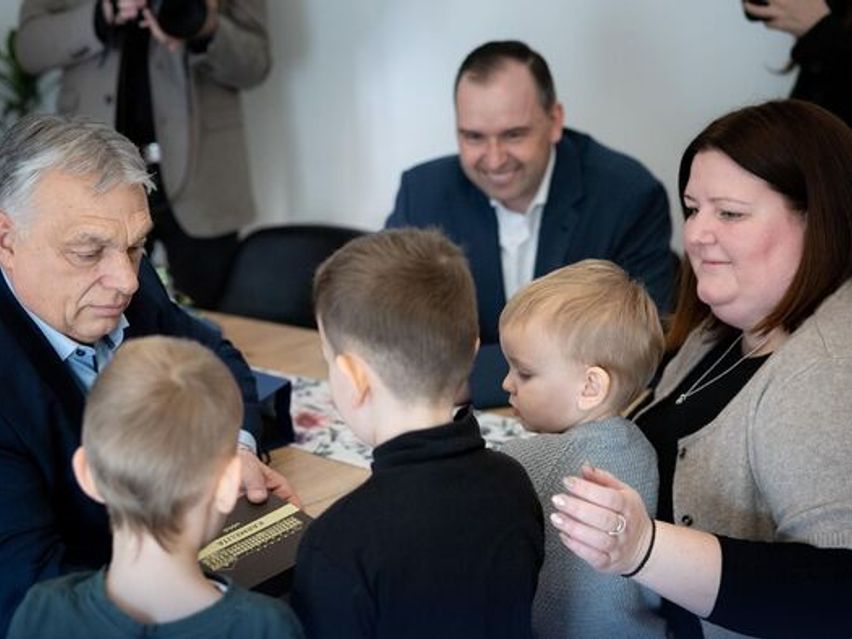
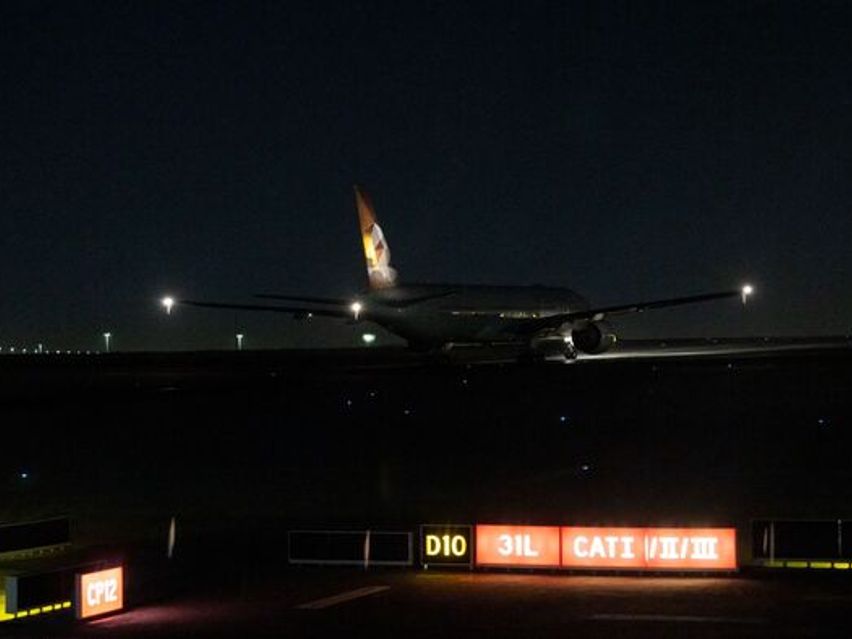


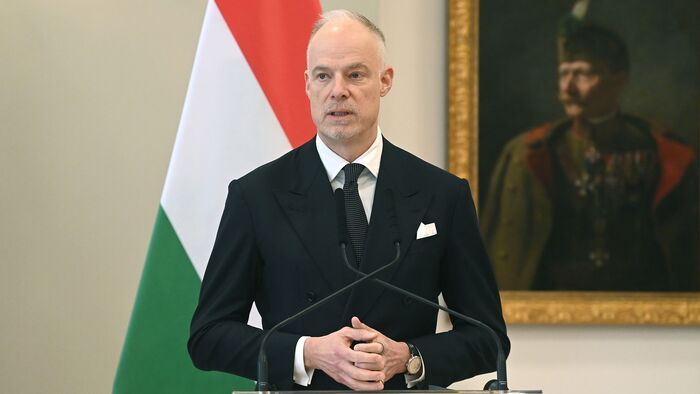
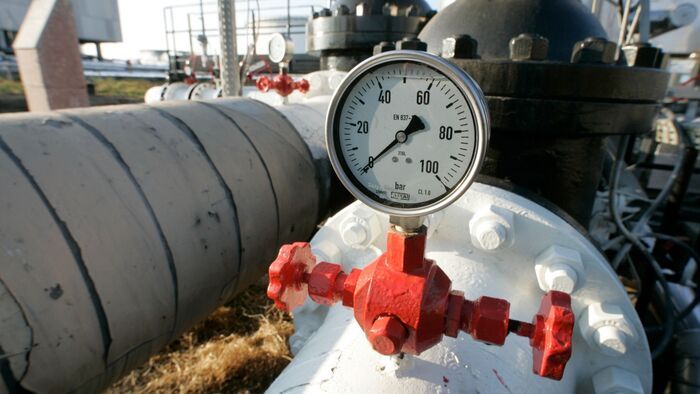

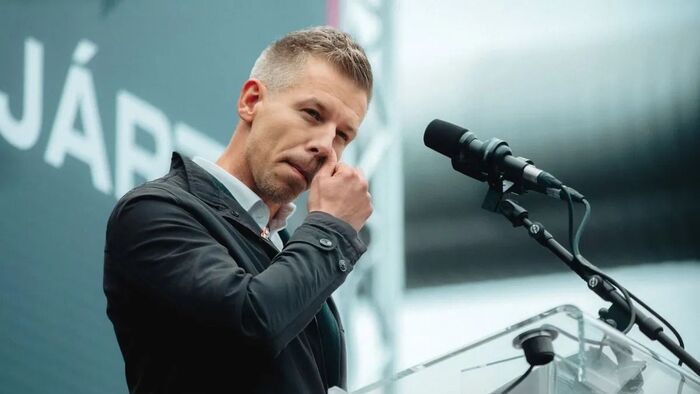
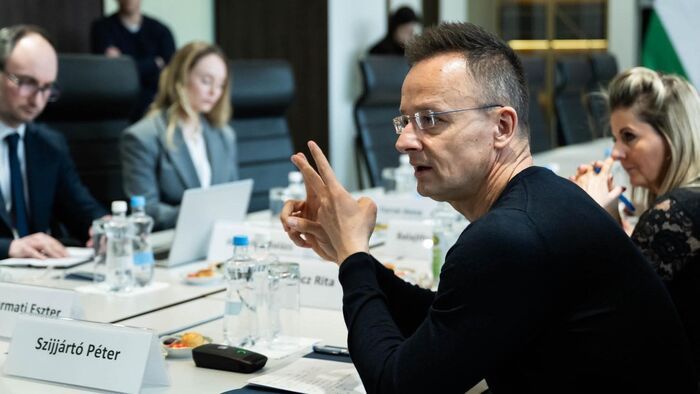
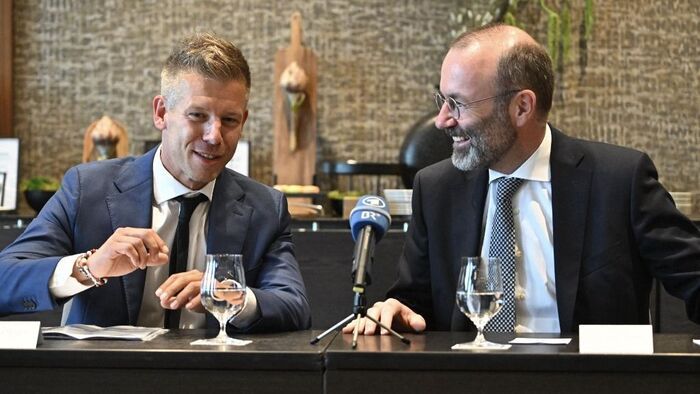
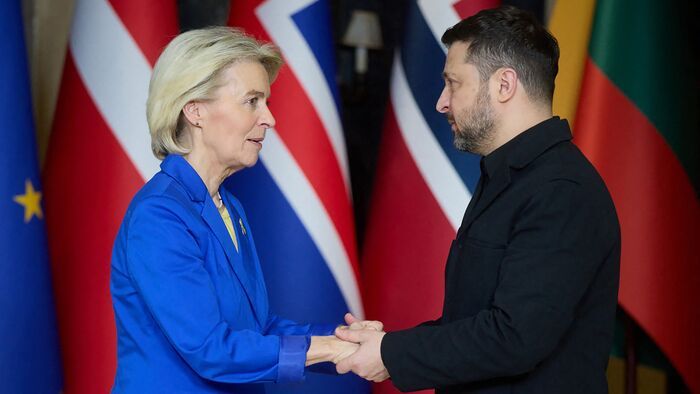

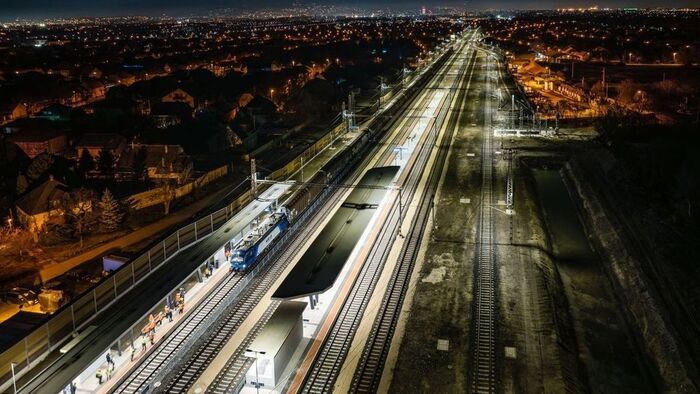
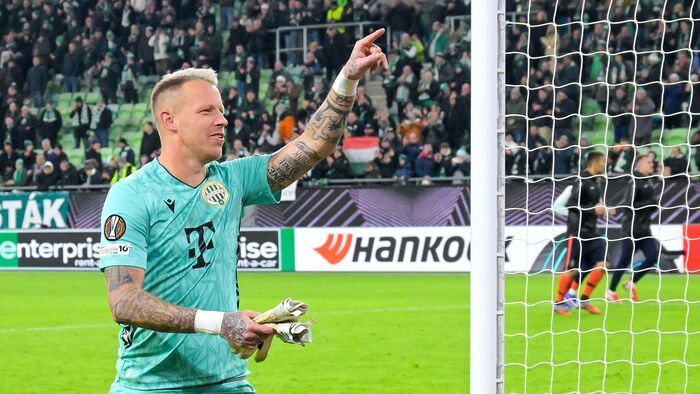
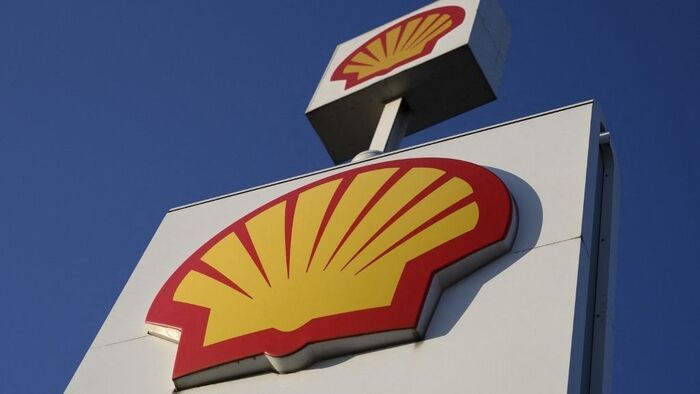

Szóljon hozzá!
Jelenleg csak a hozzászólások egy kis részét látja. Hozzászóláshoz és a további kommentek megtekintéséhez lépjen be, vagy regisztráljon!